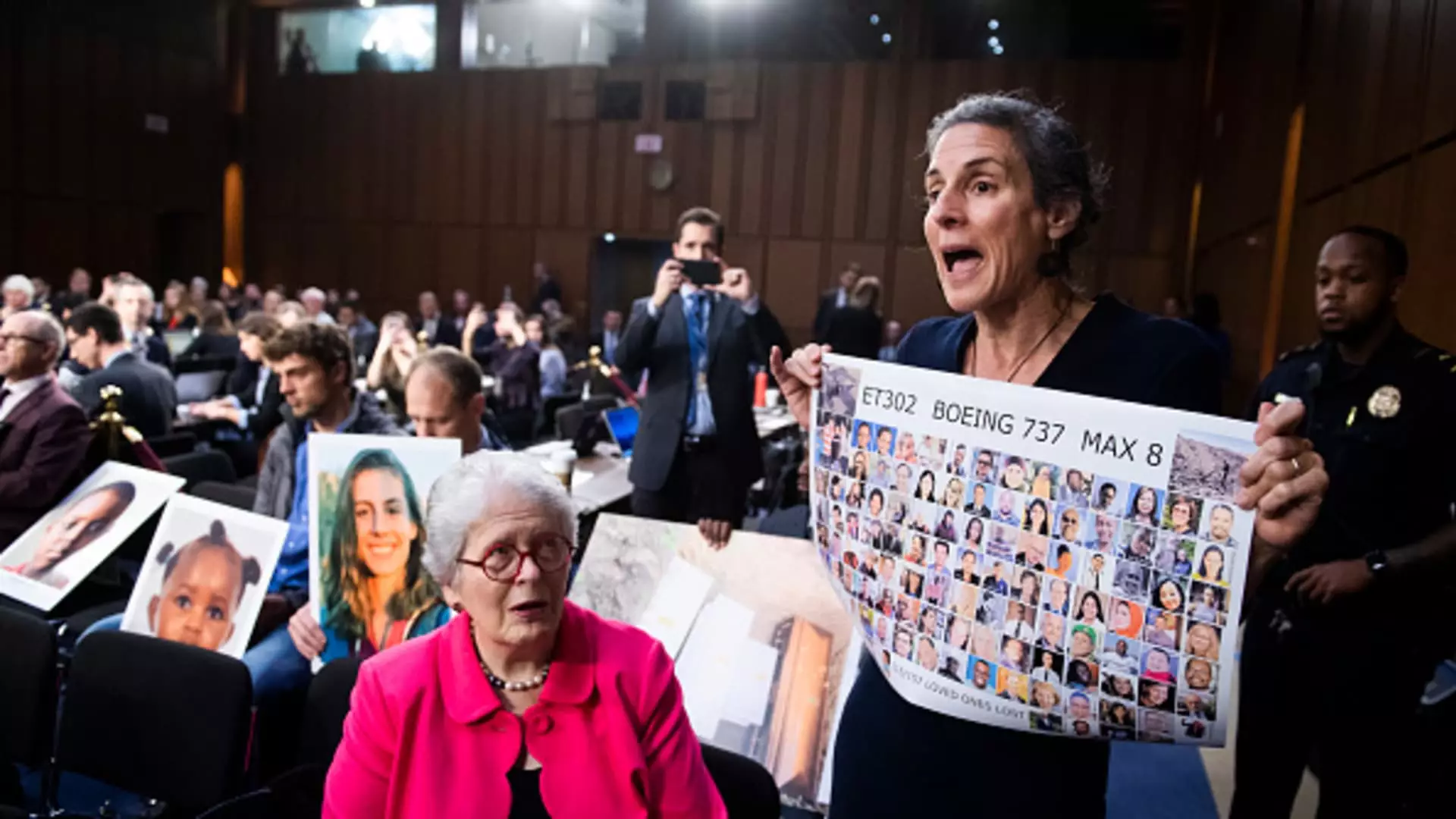Boeing’s quest for legal resolution has hit another roadblock, as a federal judge recently rejected a plea deal linked to criminal fraud charges resulting from the fatal crashes of its 737 Max aircraft. U.S. District Judge Reed O’Connor, presiding over the case in the Northern District Court of Texas, articulated serious concerns over the proposed deal, particularly regarding the selection of a government-appointed monitor, which would incorporate diversity, equity, and inclusion (DEI) policies. This decision sheds light on not only the ramifications of corporate governance and accountability but also the broader implications regarding the judicial system’s stance on corporate misdeeds.
The Rejection of the Plea Deal: A Crucial Decision
Judge O’Connor expressed explicit doubts about the integrity of the selection process for the monitor. In his ruling, he emphasized that the public must have unwavering confidence that the appointment of the monitor would be devoid of any bias tied to race or other social considerations. His stance focuses on establishing that the primary criterion for this significant appointment should be competency, particularly in light of the monumental nature of the case at hand. O’Connor’s insistence on transparency reflects a growing sentiment within both the legal community and the public that corporate oversight must prioritize ethical governance over performative measures.
The case stems from two tragic crashes of the Boeing 737 Max aircraft, which claimed the lives of 346 individuals across two separate incidents in 2018 and 2019. These events raised profound questions regarding Boeing’s practices—especially concerning its interactions with regulatory bodies and how it managed the inclusion of critical flight control systems. In 2019, Boeing had entered a Deferred Prosecution Agreement (DPA) for similar allegations, yet the company has found itself in breach of that agreement, undermining public trust further.
The rejection of the plea deal has opened the door for deeper scrutiny into Boeing’s operational and ethical practices. Victims’ families have voiced their dissatisfaction with the previous arrangements, labeling them as a “sweetheart deal” that fails to reflect the severe consequences of Boeing’s actions. Erin Applebaum, an attorney representing one of the victim’s families, encapsulated this growing unrest when she urged for a revamping of the terms, suggesting that the Justice Department’s approach towards Boeing has been excessively lenient.
From a legal perspective, O’Connor’s decision serves as a reminder that the judiciary maintains a critical role in enforcing accountability among corporations. The judge’s requirements for detailed reports on DEI policies indicate that even in legal proceedings involving corporate entities, broader social and ethical considerations are coming into play, which is a shift from traditional views that may have prioritized financial penalties over tangible justice for victims.
The implications of this case extend beyond Boeing itself, hinting at a potential shift in how corporations will be held accountable in the future. The acknowledgment of DEI policies within legal agreements could signal a redefining moment—an opportunity for the judiciary to establish new benchmarks for corporate accountability. The recent breaches of previous agreements complicate matters further, suggesting that the general public may demand higher accountability standards from corporations that wield significant influence over public safety.
Boeing’s situation is compounded by a public relations crisis, underlined by a recent incident involving a door malfunction in one of its aircraft. Such events not only strain the company’s reputation but also raise existential questions regarding the efficacy of its safety protocols. The reengagement of the Justice Department in the context of ongoing safety crises underscores the critical interplay between legal action and corporate responsibility.
As Boeing navigates this tumultuous period, the rejection of its plea deal serves not only as a legal setback but as a pivotal moment in the ongoing conversation about corporate ethics and responsibilities in aviation. The pressure from the judicial system and the public could drive the company to reassess its practices and instill a culture of genuine accountability. The future of Boeing hinges not just on compliance with legal obligations but also on restoring public trust—one that was irrevocably shaken by past decisions and operational failures. As this case unfolds, it will undeniably serve as a crucial reflection point for corporate governance standards in America.


Leave a Reply